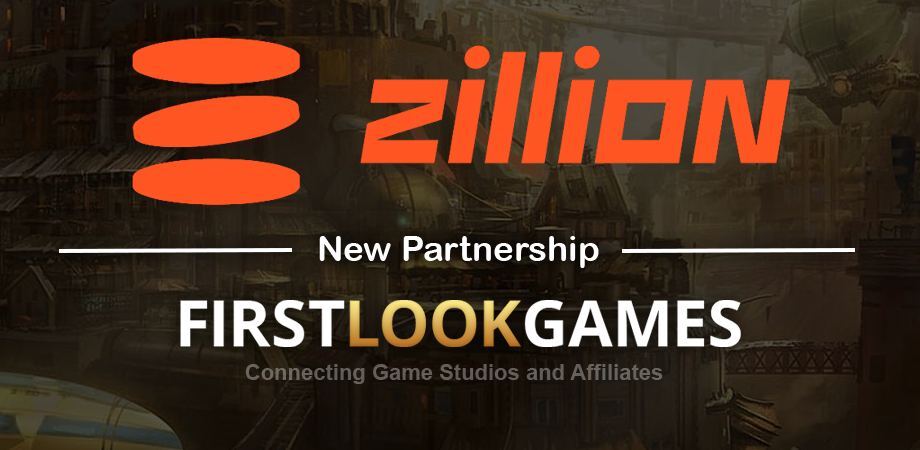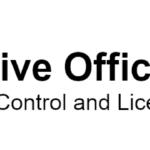Now Reading: The 2025 Kenya Gambling Control Act Explained
-
01
The 2025 Kenya Gambling Control Act Explained

The 2025 Kenya Gambling Control Act Explained
The Gambling Control Act, 2025, is Kenya’s comprehensive legal framework regulating all gambling activities. The Act replaces the previous Betting, Lotteries and Gaming Act, introducing modern standards for betting, casinos, lotteries, online gambling, and more.
Functions of the National and County Governments
The National Government is tasked with establishing policies, standards, and licensing gambling activities nationwide. It enforces compliance and conducts security, anti-money laundering, and terrorism financing checks.
County Governments implement and enforce these policies locally. They issue trade permits for gambling premises, monitor compliance, handle complaints, and facilitate arbitration.
Establishment of the Gambling Regulatory Authority
The Act establishes the Gambling Regulatory Authority of Kenya as a corporate body to oversee gambling regulation. The Authority succeeds the Betting Control and Licensing Board.
The Authority is governed by a Board that includes a Chairperson appointed by the President, government representatives, and appointed experts representing various sectors. The Chairperson and appointed members serve three-year terms, with eligibility for reappointment once. The Cabinet Secretary ensures gender balance, regional representation, and merit in appointments.
Functions and Powers of the Authority
The Authority develops standards for all gambling types, licenses gambling operators, and monitors policy implementation nationally and locally. It maintains registers of gambling machines and operators.
The Authority conducts due diligence on licensees and their stakeholders. It establishes real-time electronic monitoring systems and coordinates research on socio-economic impacts of gambling. Also, it combats illegal cross-border gambling and collaborates with the Kenya Revenue Authority on tax compliance.
The Authority issues licenses for various gambling activities including public gambling, national lotteries, bookmaking, online gambling, bingo, prize competitions, and supply of gambling equipment.
Applicants must be corporate entities with at least 30% Kenyan ownership and comply with capital and security requirements. Licenses last for thirty-six months, renewable upon application.
Online Gambling Regulation
Operators of online gambling, including bookmakers, lotteries, and casinos, must obtain licenses and submit gambling control systems for approval. The Authority ensures security, responsible advertising, and protection against underage gambling.
Minimum online bets are set at twenty shillings. Player registration with age verification is mandatory, and credit provision to players is prohibited. Online operators must segregate player funds and maintain a local customer care center.
Control and Licensing of Lotteries
Licenses for public lotteries meant for charitable purposes are issued by the Authority or county governments, depending on scale. Lottery promoters must dedicate 30%-45% of gross proceeds to charitable causes.
Conditioning the conduct of lotteries, including expense limits and prize caps, ensures transparency. Private lotteries and lotteries incidental to entertainment or sports must also be licensed and follow strict operational rules.
Betting and Totalisator Licenses
The Authority issues licenses for bookmakers, totalisators, and pool betting promoters. Betting machines must meet international certification and be inspected quarterly. Totalisator transactions are recorded for public viewing.
Late bets and unauthorized betting contracts are prohibited. Rigorous controls apply to betting operations during authorized race meetings and betting premises.
Regulation of Casinos and Slot Machines
Casinos and other gambling forms require licenses meeting specified criteria. The Cabinet Secretary regulates the number and geographic distribution of casinos and gambling machines after consulting the Authority and county governments. Licensed casinos are subject to inspections, and Authority officers must be present to ensure compliance. Minimum bets on casino machines are set at twenty shillings.
Amusements with Prizes and Prize Competitions
Amusement with prizes may be provided at non-commercial and commercial entertainments under licensing and conditions set by the Act. Prize amounts and participation fees are capped. Licensees must ensure fair conduct and limit inducements to attend. Amusement machines are licensed and regulated by county governments. Prize competitions and media promotions with prizes require licenses and must meet prescribed conditions.
Advertisement of Gambling Activities
Gambling advertisements require Authority approval. Unauthorized promotion or advertising through print, electronic media, or public display is prohibited. Advertising must include responsible gambling messages and not target children. Restrictions prohibit misleading messages and place time limits on broadcasting gambling ads. Regulations govern content, placement, and approval of advertisements to ensure ethical marketing practices.
The Gambling Appeals Tribunal
A Gambling Appeals Tribunal is established to hear appeals from national or county government decisions concerning gambling disputes. The Tribunal comprises a Chairperson and members with relevant expertise. It regulates its proceedings and operations independently. Parties aggrieved by the Tribunal’s decisions may appeal to the High Court within stipulated timelines.
Offenses and Penalties
The Act stipulates strict penalties for offenses such as unlicensed gambling, false declarations, unauthorized advertising, illegal bookmaking, betting with minors, and cheating. Fines range from one million to twenty million shillings, with imprisonment terms up to twenty years for severe offenses. Courts consider the nature and circumstances of the offence when imposing penalties.
Self-Exclusion and Responsible Gambling
The Act provides for self-exclusion agreements allowing individuals to exclude themselves from all gambling activities. Licensees must enforce these agreements, refuse service, remove self-excluded individuals from marketing databases, and close their accounts within prescribed timelines. Failure to comply results in fines or imprisonment. The Cabinet Secretary may regulate protections for vulnerable gamblers.
Inspection, Compliance, and Enforcement
The Authority and county governments appoint inspectors to monitor licensed operations. Inspectors can enter premises without a warrant to examine records and equipment. Obstruction or giving false information to inspectors is an offense. The police work with the Authority to seize illegal gambling machines. The Director of Public Prosecutions may appoint Authority officers as public prosecutors in gambling-related cases.
Financial and Reporting Requirements
Licensees must keep proper accounting records and submit audited financial statements annually. They must maintain insurance security bonds as prescribed. The Authority prepares and submits quarterly and annual performance reports. Licensees report gross and net revenues, taxes paid, and contributions to socially beneficial causes.
Final Thoughts
The Gambling Control Act, 2025, establishes a robust framework ensuring the integrity, fairness, and social responsibility of Kenya’s gambling industry. The new law marks a significant step towards responsible gambling regulation in Kenya.
Read Also: Tanzania Gambling Regulation and Laws
Featured image courtesy of https://unsplash.com/@chrisliverani












